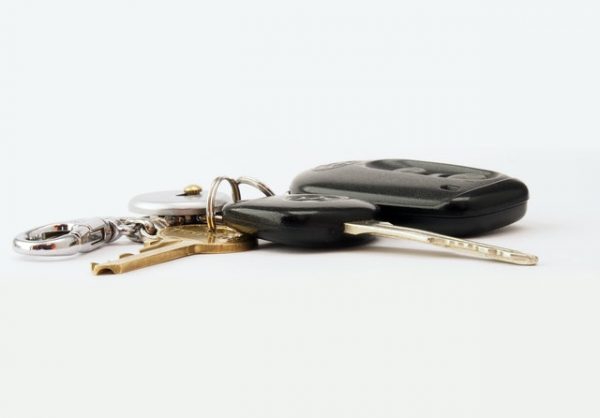check engine light
One of the first signs that something might be wrong with your vehicle’s oxygen sensor is if your check engine light comes on.
This could indicate that there is a problem with one or more of your vehicle’s sensors, including the oxygen sensor, and should not be ignored. If this happens, it’s time to take your car to a qualified mechanic who can run some tests and determine whether or not the problem lies with the oxygen sensor.
Lean or rich running condition
Another telltale sign of a bad oxygen sensor is if you are experiencing a rich or lean running condition in your engine. This occurs when there is not enough (lean) or too much (rich) fuel in the engine’s cylinders as they are being compressed; both conditions will result in reduced performance in terms of power output and fuel efficiency, as well as increased tailpipe emissions. If your vehicle is running rich, you will notice a lot of black smoke coming from your tailpipe.
Engine hesitation and stalling
If you find your engine having a hard time starting or even stalling completely while driving, this could also suggest that there may be a problem with your vehicle’s oxygen sensor system. When this happens, it means that not enough information is being sent from the O2 sensors to the ECU (engine control unit).
The ECU relies on the data collected by these sensors to adjust the fuel injection accordingly; If they don’t work properly, the ECU won’t know how much fuel to go into each cylinder, which will cause hesitation, which can affect starting and idling, as well as cause potentially dangerous stalling while driving.
reduced fuel efficiency
Finally, another sign that could indicate a problem with one or more of your vehicle’s O2 sensors is if you notice reduced levels of fuel efficiency when driving around town or on longer trips. As we mentioned earlier, if the data coming from these sensors is not accurate, it can lead to incorrect adjustments being made within the ECU, causing excessive amounts of fuel to be burned unnecessarily, which directly leads to decreased MPG. .
poor acceleration
If your oxygen sensor is not sending accurate information to the engine computer, it can cause poor acceleration or stalling when trying to accelerate from a stop. An overly rich fuel mixture usually causes this due to incorrect oxygen sensor readings. If this happens to you, check your oxygen sensor for signs of damage or wear.
idle riddle
Your car’s engine should run smoothly when idling and not vibrate excessively in neutral or park mode. However, when a malfunctioning oxygen sensor can cause rough idling due to incorrect readings being sent to the computer, resulting in an imbalance of fuel being sent to the cylinders for combustion during idle periods.




